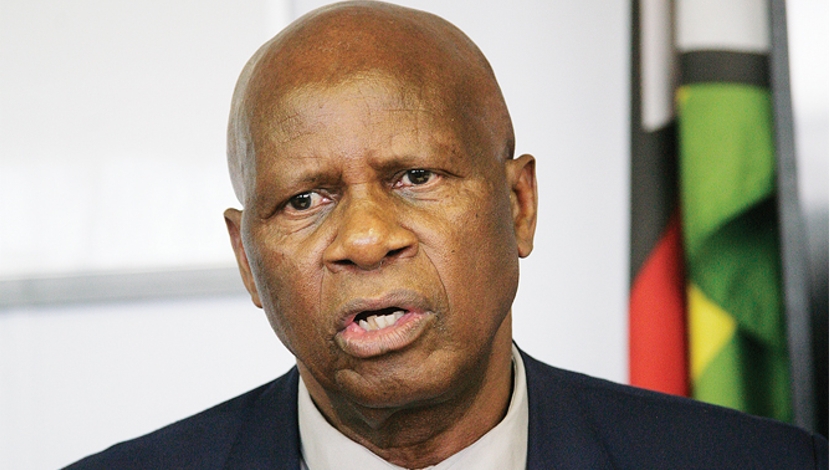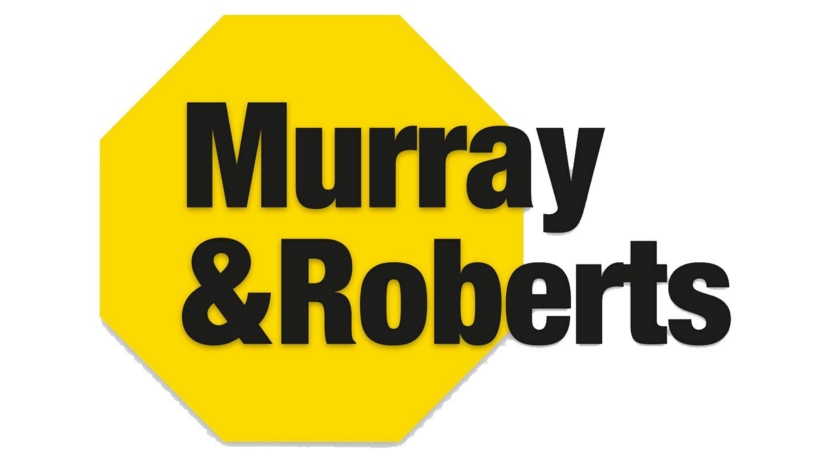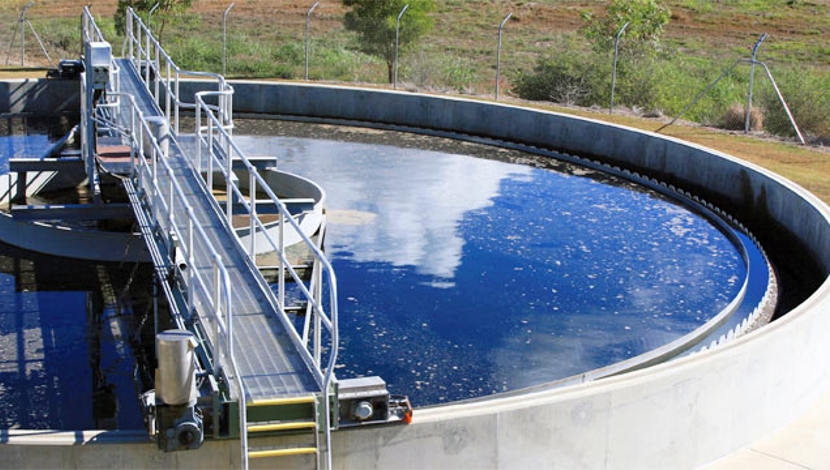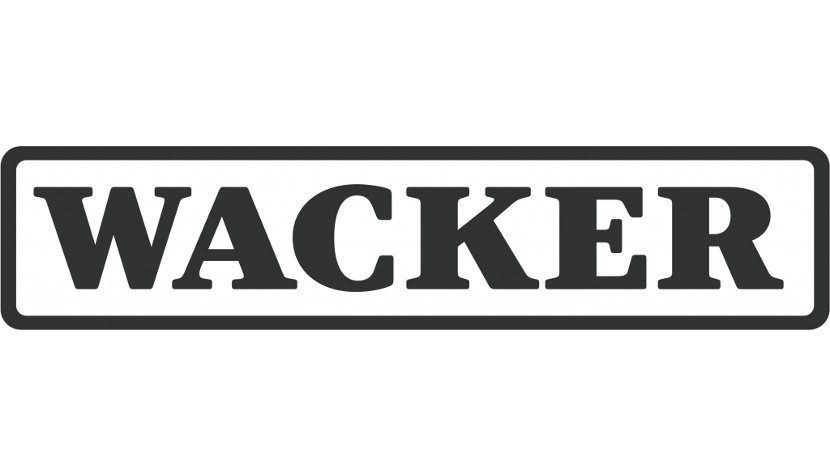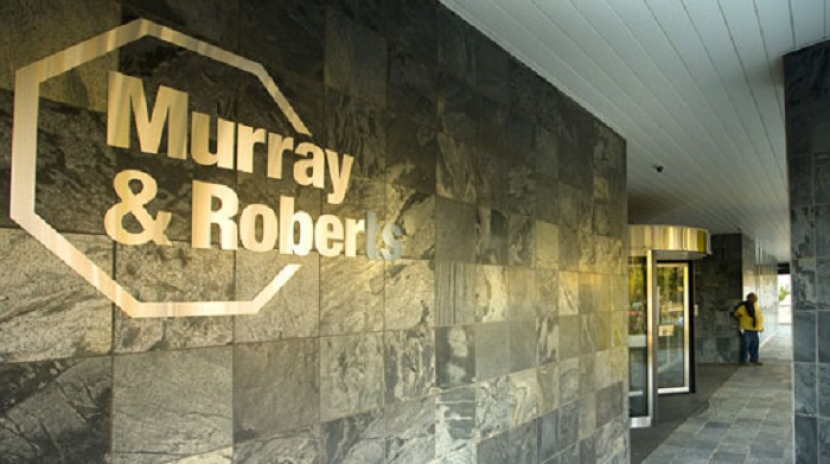

JSE-listed Murray & Roberts (M&R) on Monday confirmed that it would exit the Middle East by the end of 2017 and said the “costly” closure of the business would impact on its financial year-end results.
M&R sold its infrastructure and building businesses to a consortium led by black-empowered investment company Southern Palace. The R314-million transaction, announced in November and recently completed, excluded the Middle East businesses, which Southern Palace was not interested in acquiring.
M&R confirmed that all its Middle East projects would be completed by the end of 2017.
“Closure of this business is very costly, mainly due to increased cost associated with the remaining construction work on the last four projects, as well as an unfavourable arbitration ruling on a subcontractor claim on a project completed in 2011,” the company stated.
As such, M&R expects basic earnings a share (EPS) and basic headline earnings a share (HEPS) for the year ended June to be more than 20% lower than the EPS of 189c and HEPS of 158c it reported in the previous financial year.
The completion of the disposal of the infrastructure and building business forms part of the group’s strategic shift to the global natural resources markets and leaves M&R with three business platforms – oil and gas, metals and minerals and power and water.
M&R noted that its three continuing business platforms were performing in line with management’s expectations.
M&R said there were “encouraging signs” that the metals and minerals cycle had turned, which boded well for its underground mining division. “Market conditions have improved in South Africa, Zambia and Australasia, while the US and Canadian markets are a bit slower to recover.”
Eskom’s Medupi and Kusile power station projects remain M&R’s main source of income for the power and water platform. The company recently missed out on Eskom’s Duvha Unit 3 boiler recovery project to China-based Dongfang Electric Corporation.

